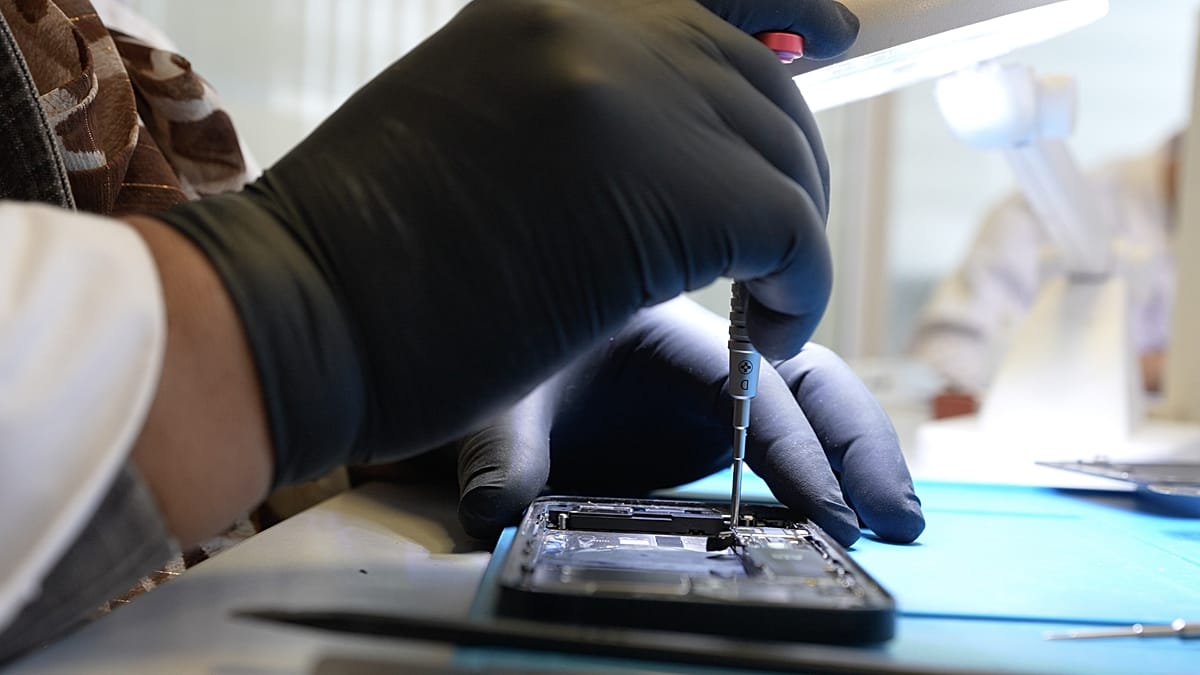
Associate Justice Minister Nicole McKee has today revealed her shake-up of New Zealand’s gun laws.
McKee said today Cabinet had agreed to repeal and replace the current Arms Act 1983, a rewrite being part of National’s coalition agreement with ACT.
She said the changes to New Zealand’s gun laws were aimed at being “fairer, fit for purpose, and improve the safety of New Zealanders”.
Among the changes was the establishment of a specialist firearms regulatory agency, to oversee all aspects of regulation, including licensing firearms users and registering firearms. Police will no longer carry out those tasks.
The current Firearms Safety Authority is a unit within police which reports to the commissioner of police.
The new regulator would be headed by an independent chief executive appointed by the Governor-General. The agency would report independently to the minister responsible for firearms, with the Ministry of Justice providing oversight and monitoring.
The agency would be hosted by police.
McKee said the new regulator would be a measure to “rebuild the trust” of law-abiding legal gun owners. She said the reform would “ensure [the regulator] operates openly and transparently”.
Under the rewritten law, the minister said there would be a “clearer separation of information held by the firearms regulator and information held by the Police”.
“To that end, sworn officers will not be able to serve as either the chief executive or be directly employed by the regulator,” she said.
“However, police officers will still have access to the essential information they need to enforce the law. They will still be able to check whether a person they’re dealing with holds a firearms licence or if firearms are stored at a specific address.”
The change would also replace the current internal review process with a new Firearms Licensing Review Committee.
“This will address perceptions among some members of the community that the current internal review process is not sufficiently independent,” McKee said.
“This is essential for ensuring there is trust in the licensing system, improving compliance, and ensuring applicants or LFOs renewing their licence are treated fairly, without needing to go to court.”
ACT has long called for a standalone regulator for firearms, separate from police.
Other changes to crack down on illegal firearms
Alongside the new authority, McKee also announced dozens of other changes and reforms.
Among them was making gang membership an automatic disqualifying factor for holding a firearms licence.
A statutory “red flag” system would be established, with “clarified information sharing” to enable police and other agencies to signal to the new regulator when they have “relevant intel that might trigger a review of whether a legal firearms owner remains a fit and proper person”.
The penalties for over 60 gun crimes would be increased alongside eight new offences.

The new offences were aimed at preventing guns from reaching the black market and cracking down on the manufacture of 3D-printed weapons.
Those new offences were failing to notify the regulator of a lost or stolen licence, unsafe storage of firearms, possession of firearms without serial numbers, possession of files or blueprints with the intent to unlawfully manufacture arms items, and intentional diversion of firearms.
“Criminals are on notice that if they break the law, they can expect harsher penalties with increased fines and longer prison sentences,” McKee said.
Gun storage changes
Changes in the way gun owners were allowed to store their firearms were also announced today.
McKee said that under the current act, there was “ambiguity” around where licensed firearms owners were allowed to store their guns.
“In practice, the current rules are interpreted as requiring firearms and ammunition to be stored at an LFO’s primary residence, but sometimes that is not the most appropriate or secure place.”
Under the new law, firearms can be stored at any premises approved by the regulator.
“This will mean that people in university halls, renters, or those living with someone with a mental health concern can more safely and securely store their firearms at another more suitable location.”
Current laws are ‘complex’ and ‘confusing’

New Zealand’s gun laws have become a source of contention since the Christchurch terror attack on two mosques in March 2019, where 51 people were killed.
A month after the attacks, the Labour-led Government moved to change New Zealand’s gun laws – largely banning military-style semi-automatic weapons and parts that could be used to make them. It also introduced a buyback scheme for people who already held those types of firearms.
Prior to today’s announcement, many expected the future of access to military style semi-automatic weapons to be on the table. ACT had previously sought to allow access to the firearms under strict conditions for club and competitive use.
McKee said she proposed the change to her coalition partners, but “that was not agreed to”, and the “agree to disagree” clause in their agreement was invoked.
“I was prepared to do the agree to disagree on it, and not die in a ditch over it,” McKee said.
Further changes in 2020 included the establishment of a firearms registry and a reduction in the length of firearms licences for first-time licence holders and people whose licences had expired or been revoked.
David Seymour, ACT’s lone MP in the house at the time, was the only member to vote against the 2019 changes.
“The gun laws need to change, but there are much better ways than this,” he said at the time.
McKee said today the current law had been “modified dozens of times since it came into force over 40 years ago, with many of those changes being rushed through with little to no scrutiny”.
“The result is a complex, confusing and bureaucratic patchwork that makes it difficult for LFOs to comply while not adequately keeping the public safe.”
She said the new law would be “written in plain English, structured logically and with public safety at its core”.
“It makes it much more difficult for firearms to get into the hands of criminals while allowing LFOs to continue to use their firearms safely and responsibly.
“Licensed firearm owners have been unfairly scapegoated for the actions of criminals for too long.
“This law focuses instead on fixing what matters, actually making people safer with a fair system that works for all New Zealanders.”
The bill will go through a full six-month select committee process, where Kiwis will be able to submit their thoughts on the proposed changes.














